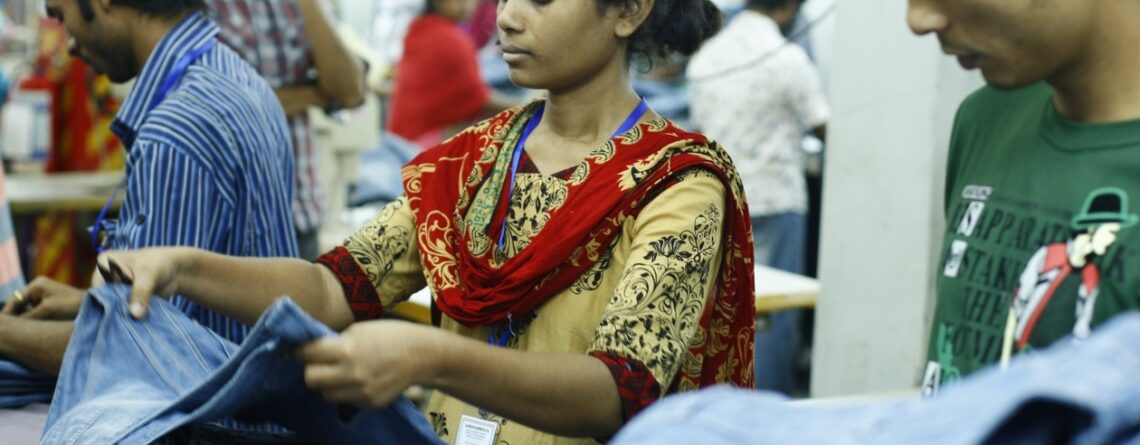Bangladesh. Is a Universal Pension Scheme viable?
The role of an inclusive pension system in any society is increasingly important to ensure that future retirees will have sufficient funding to retain their standard of living at the end of their working life. However, the newly proposed Universal Pension Scheme (UPS) in Bangladesh, result of Awami League’s 2018 election manifesto, is simplistic and grossly discriminatory. The scheme does not consider Bangladesh’s unique financial and socio-economic context and will create further strain on the government’s fiscal management. Even though UPS is very important for all Bangladeshis, not much discussion took place in the mainstream media. This article will discuss specific issues with the proposed UPS and suggests that the government should provide policy support and let the private sector manage the UPS.
The World Bank suggests that a truly inclusive pension system should have three essential pillars including age pension, compulsory savings, and voluntary savings. The very first pillar is non-contributory and aims for poverty alleviation. The second pillar aims to ensure that retirees have adequate savings to maintain most part of the current standard of life, not just poverty-alleviation. Pillars 1 and 2 often aren’t enough to sustain pensioners’ accustomed standard of living in old age. Pillar 3, voluntary savings, closes that gap. Conspicuously, the proposed pension system is simply offering a voluntary savings scheme for those who can afford it– a very small segment of Bangladeshis. A significant number of people will not be able to join the scheme, for example, the 28.5 per cent of Bangladeshis that are living under the poverty line, and those that cannot participate because of lack of flexibility in the proposed UPS. Aren’t we leaving behind the most vulnerable and deserving group of people and still claiming that the proposed pension system is “universal”?
Read more @The Financial Express
149 views










